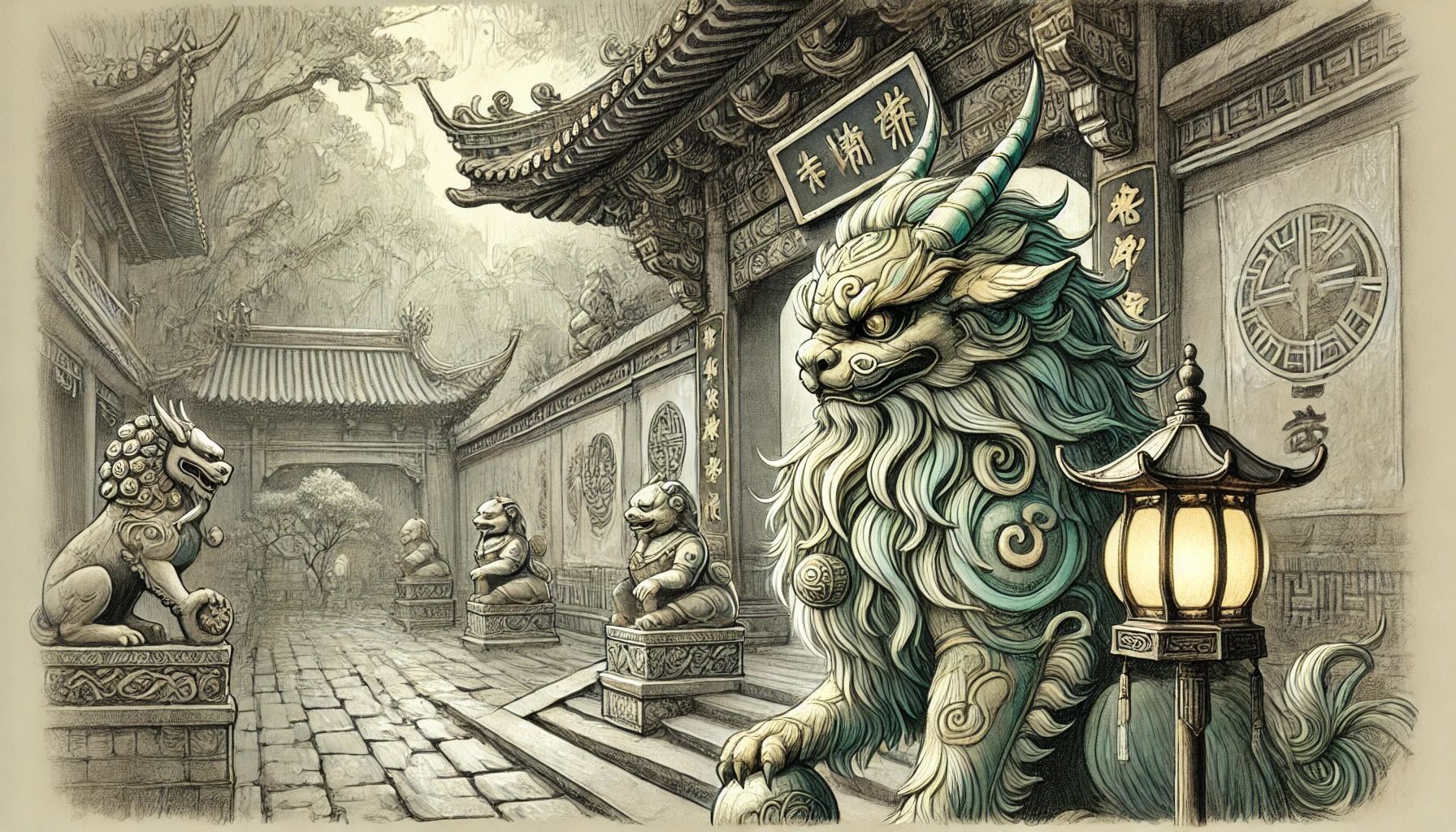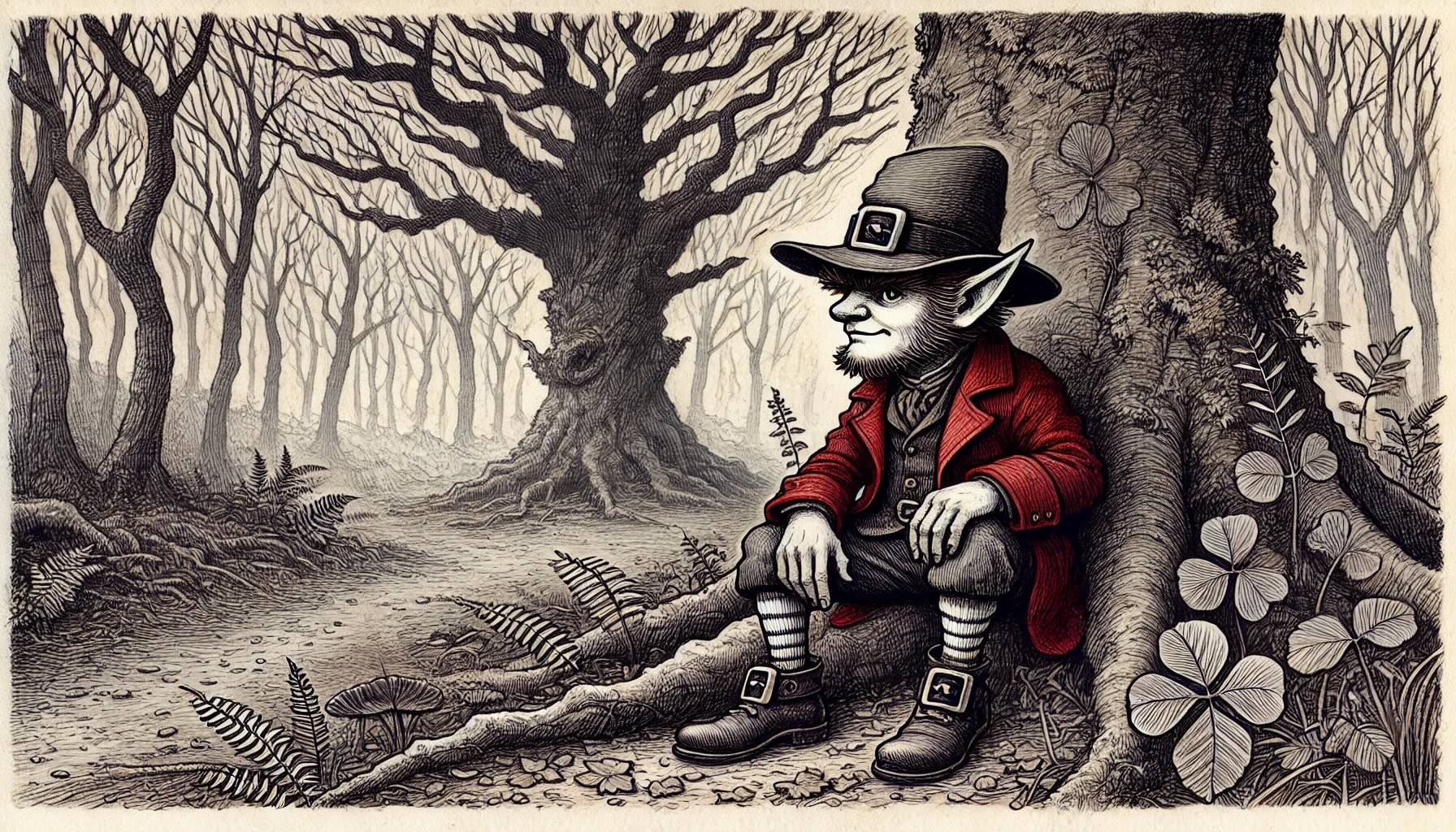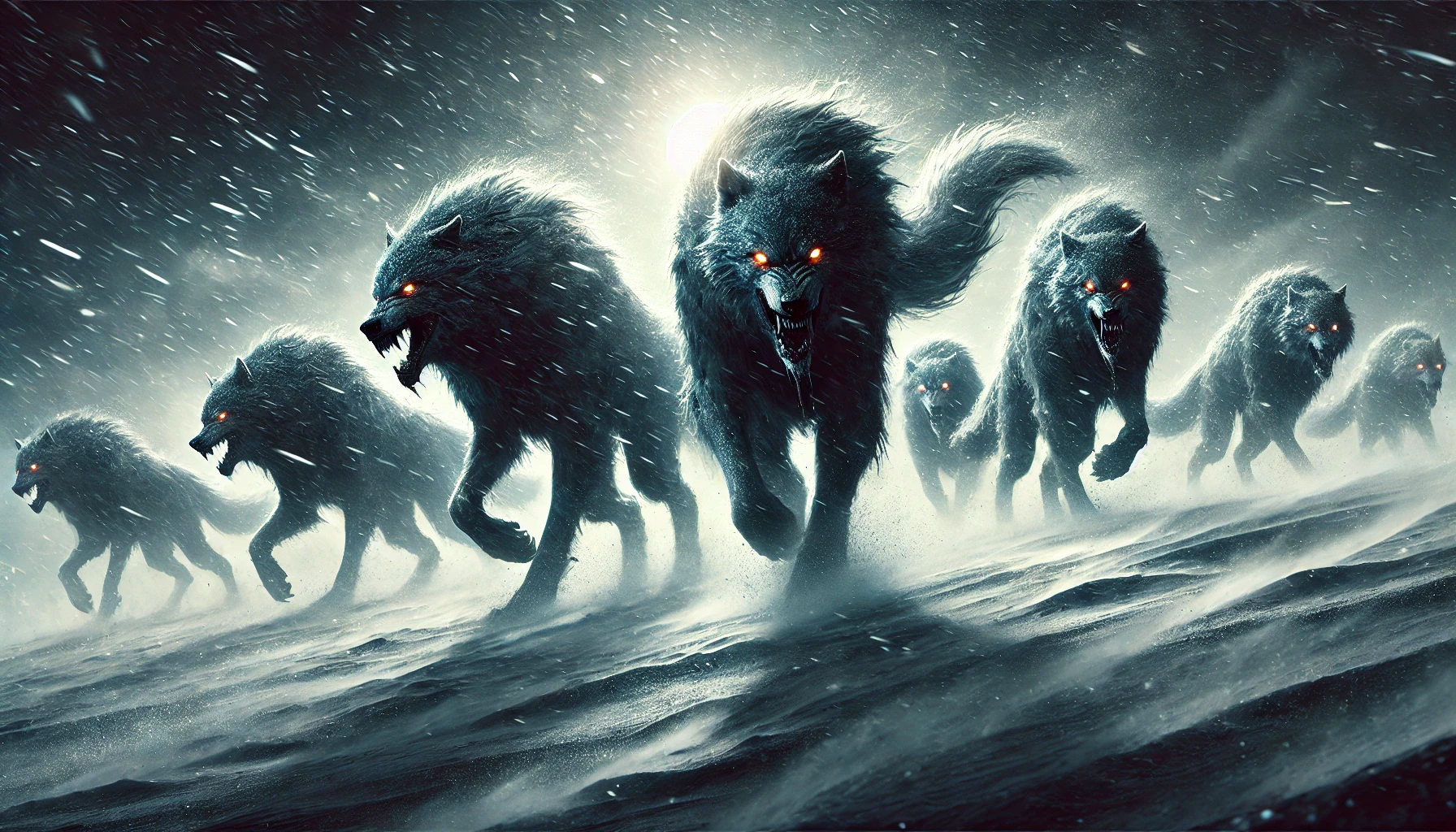A Whisper in the Desert Wind
You feel it before you hear it. A shift in the air, a sudden hush in the wind, a flicker of movement in the periphery of your vision. Then, a murmur—not quite a voice, but something close. The dunes shift underfoot, shadows lengthen unnaturally, and an uneasy weight settles on your chest. If you have ventured too far into the desert, you may not be alone. The Djinn are watching.
Understanding the Djinn: Beings of Smoke and Fire
Djinn (or Jinn) are said to be ancient, supernatural beings, whispered about in legend and born of smokeless fire, free-willed and as varied as humans in temperament and intent. They are neither wholly good nor wholly evil, existing in a realm that parallels our own, unseen yet ever-present. Their forms are elusive—sometimes humanoid, sometimes monstrous, and at times, nothing more than a ripple in the air or a flicker in the fire.
The most well-known type is the Marid, powerful and proud, often associated with vast knowledge and elemental might. There are also the Ifrit, burning with vengeance and destructive fury, and the Shayateen, a class of malevolent spirits that revel in chaos and corruption. Lesser-known are the Jann, desert-dwelling wanderers, and the Ghul, corpse-eaters lurking in graveyards and ruins.
Recognizing a Djinn: Their Forms and Traits
Djinn do not have a singular appearance. Some are described as massive, winged entities with eyes like burning embers, while others manifest as shadows, animals, or mirages that shift and disappear when approached. Their true forms, if they have one at all, are rarely seen, as they exist in a liminal state between the physical and the ethereal.
- Elemental Affinity: Djinn are deeply tied to fire and air, making them creatures of both destruction and fleeting echoes. They can move unseen, travel vast distances in an instant, and disappear as suddenly as they came.
- Shapeshifting: Many Djinn can change form at will, appearing as humans, animals, or even inanimate objects.
- Unnatural Presence: When Djinn are near, the atmosphere feels charged—lights flicker, winds shift, and an eerie sense of being watched lingers.
- Weaknesses: While powerful, Djinn are not invincible. Certain metals, symbols, or words of power can repel or contain them, though true banishment requires knowledge few possess.
Surviving an Encounter: Reports and Warnings
Encounters with Djinn have been reported for centuries, whispered in market squares, recorded in ancient texts, and recounted by those fortunate enough to survive. Some tell of Djinn offering wisdom, granting wishes, or aiding the righteous. Others warn of deceit, curses, and possession, of humans driven mad by voices only they can hear.
Records describe Alim the Merchant, who stumbled upon an ancient brass lamp buried in the sands. When he polished it, a Djinn of immense power emerged, offering him three wishes. Alim, wise and cautious, wished for knowledge, health, and safe passage home. The Djinn granted his requests but left him with a warning: "Beware, for not all of my kind are as generous."
Survivors recount The Cursed Caravan, a group of traders who camped near an abandoned well, despite the local warnings. That night, their fire dimmed unnaturally, their horses grew restless, and strange murmurs filled the air. By morning, half the caravan was gone, vanished into the sands without a trace. Those who survived claimed they had glimpsed shifting shadows and glowing eyes just beyond the firelight.
Their Hidden Realms: Where Djinn Roam
Djinn are said to inhabit the liminal spaces of the world—deserts, abandoned ruins, dark forests, and hidden corners where the veil between worlds grows thin. They favor places where humans seldom tread, yet they are never far, lingering just out of sight.
- The Empty Quarters: Vast, uncharted deserts where mirages dance and voices call from the dunes.
- Ancient Ruins: Crumbling palaces and forgotten cities, their foundations resonating with unseen voices.
- Wells and Caves: Dark places where water runs still, said to be doorways to the unseen realm.
- Markets at Dusk: Places of barter and exchange, where unseen forces slip between merchants and travelers.
The Djinn’s Intentions: Friend, Foe, or Trickster?
Unlike many supernatural beings, Djinn are not bound by a singular moral compass. Some are benevolent, offering aid to those who earn their favor. Others are mischievous, delighting in leading travelers astray. And then there are the truly malevolent ones—who feed on fear, thrive in chaos, and seek only destruction.
- The Wise Djinn: Some Djinn possess immense knowledge and are willing to share their secrets—for a price.
- The Deceivers: Many Djinn delight in trickery, twisting words and exploiting loopholes in any agreement.
- The Vengeful: Wrong a Djinn, and it may haunt you for years, whispering misfortune into your life until you break.
Safeguarding Yourself Against Djinn
While not all Djinn mean harm, it is wise to be cautious. Should you find yourself in their presence, take heed of these precautions:
- Do Not Call Them Lightly: Speaking their name, whether in jest or curiosity, may draw their attention.
- Avoid Their Haunts: Ruins, ancient wells, and desolate places should be respected and left undisturbed.
- Carry Protective Charms: Certain symbols, prayers, or metals—such as iron—are said to repel Djinn.
- Be Careful with Wishes: If a Djinn offers a boon, tread carefully. Their gifts often come with unseen consequences.
- Mind Your Words: Djinn are masters of deception. Never promise anything lightly, and be wary of bargains.
Final Cautions and Unanswered Mysteries
Djinn remain among the most enigmatic and feared beings in existence, their stories woven into countless cultures and beliefs, whispered from generation to generation. Whether as guardians, tricksters, or unseen wanderers, they linger in hushed tones and shadows, influencing the world in ways few understand.
So, should you ever find yourself alone beneath a starless sky, with the wind carrying voices that do not belong—do not answer. Do not look back. And most of all, do not run.



